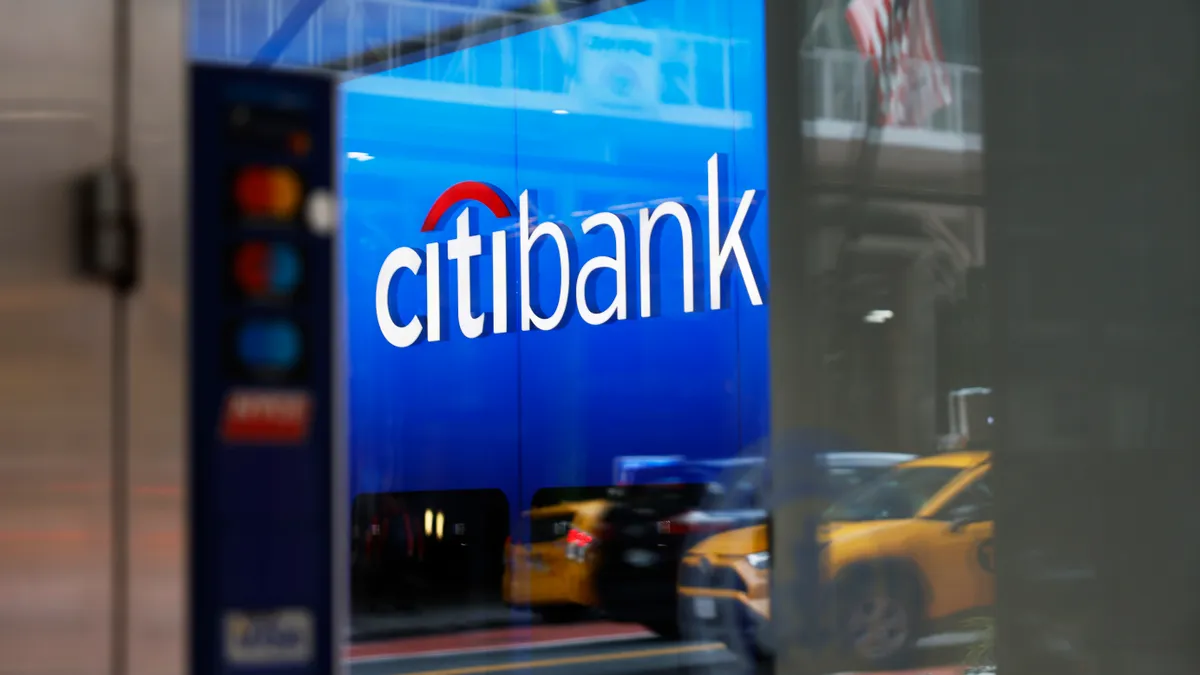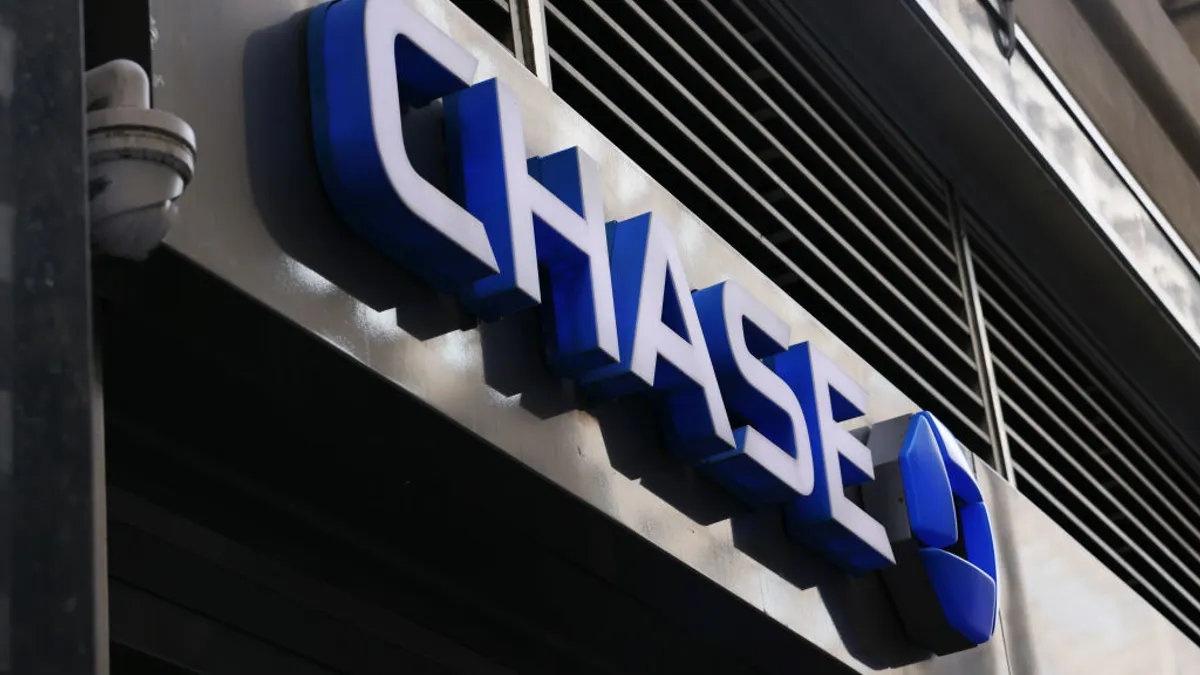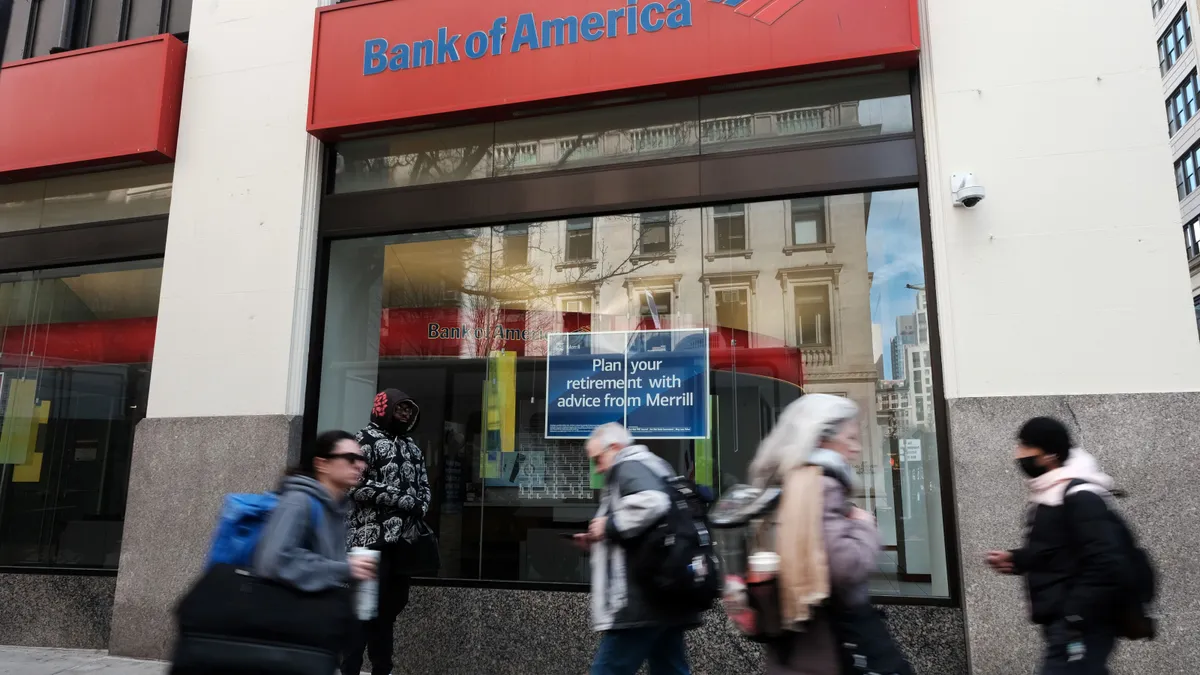Observers may be excused if they feel December, thus far, has been something of a data dump for all things Citi.
The week – nay, month – began with the bank announcing that it had separated its institutional banking operations in Mexico from its retail ones. But since then, the bank has seen an AI rollout, ballooning losses from a block trade gone wrong, and hundreds of career transitions.
The bank on Thursday named 344 new managing directors – the largest class Citi has promoted to that rank in six years, according to Bloomberg. For reference, the bank promoted 304 last year and as few as 241 in 2020, according to a company LinkedIn post.
In recent years past, the MD promotions have represented a chance for Citi to highlight nascent diversity – and indeed, this class is no different. Seventy-eight – or 44.8% – of the bank’s new U.S. MDs are of a racially or ethnically diverse background. That figure is up nearly 10 percentage points from 2021. Roughly 28.5% are women. That’s down more than 6 percentage points from 2021.
But for those rising to managing director, the promotions cap a year of survival. At this time in 2023, Citi was about midway through “major actions” in a reorganization that launched in September – and the bank was offering to pay some of its employees a portion of their annual bonuses early if they agreed to leave.
In a memo signed by 16 of the bank’s top executives, rising MDs were hailed as “true champions of excellence.”
“As we completed the most consequential set of changes to how we run the firm in decades, they led with empathy, helping colleagues adjust to new roles, all while taking on new and expanded responsibilities,” the memo reads. “Our new MDs have been instrumental in ensuring we continue making progress on our Transformation and with our regulators. They continue to build our credibility with key stakeholders and are relentless about driving stronger business performance. They deliver excellence to our clients and help them navigate a dynamic, ever-changing global environment. They’ve set the tone for their teams and are helping us shape a bright future for the firm.”
Transitioning out
The universe tends to maintain a balance, though, and along with upward career moves, there are outward ones, too.
To that end, Cary Kochman, Citi’s head of global M&A operations and chair of its Chicago office, is retiring, Reuters reported Thursday, citing people familiar with the matter and an internal memo.
The bank this year tapped Kevin Cox as interim head of global M&A, and he’ll continue in that role, the wire service’s sources said.
Kochman joined Citi in 2011 from UBS but his career stretches decades.
A Citi spokesperson declined to comment to Reuters.
Tech upgrades
Citi’s favorite buzzword is most definitely Transformation, the capital-T name it uses to describe the upgrades the bank is embracing to right the risk and control deficiencies the Office of the Comptroller of the Currency and the Federal Reserve underlined with enforcement actions and $400 million in penalties in 2020 (and another $135 million this year).
Not every upgrade falls under capital-T. But Citi nonetheless launched several artificial intelligence tools Wednesday for employees in eight countries including the U.S., Canada, India and the U.K., according to a memo seen by Reuters.
The tools are meant to help with document comparisons, searches focused on policies and procedures, and other tasks.
Tim Ryan, the bank’s head of technology and business enablement, compared Citi Assist, the policy tool, to “having a super-smart coworker at your fingertips to help navigate commonly used policies and procedures across HR, risk, compliance, and finance,” according to the memo.
Citi Stylus, meanwhile, can summarize, compare and search multiple documents simultaneously, according to the memo.
“These tools will help to simplify work and increase productivity,” Ryan told Reuters in a video interview.
Roughly 140,000 employees will have access to the tools, with availability expected to spread to more markets later.
The block trade
But, as the universe is fond of balance, for every set of advances, there can be setbacks, too. Citi this week has lost as much as $45 million, Bloomberg reported, amid complications with a block trade in Australia.
Citi sold about 22.6 million shares of Goodman Group for a loss of about A$49.6 million ($31.7 million). That comes on top of a roughly A$27 million loss the bank took earlier in the week.
The bank had launched a sale of 50.4 million Goodman shares for China Investment Corp. this week at a fully underwritten floor price of A$37.55, but sold less than half, according to the wire service.
The surprise misstep doesn’t carry the same impact as, say, the Revlon-related fat-finger gaffe or the 2022 flash crash that this year cost Citi more than $90 million in penalties. But, given its timing – three weeks from the end of the quarter and year – it could play spoiler to the bank’s investment banking fees in the Australian market in the short term.
A Citi spokesperson declined to comment to Bloomberg.






















